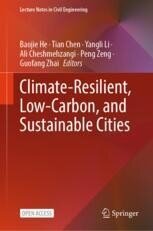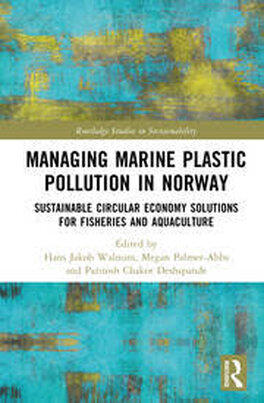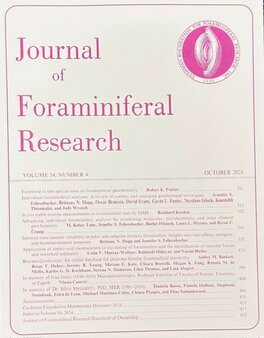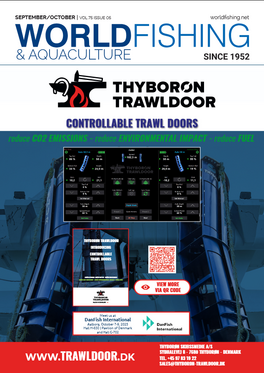Accessibility Options:
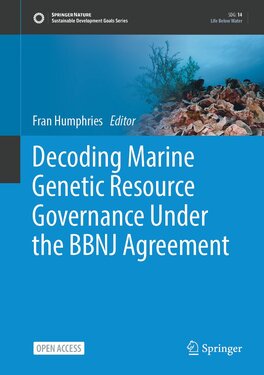
Decoding Marine Genetics Resource Governance Under BBNJ Agreement
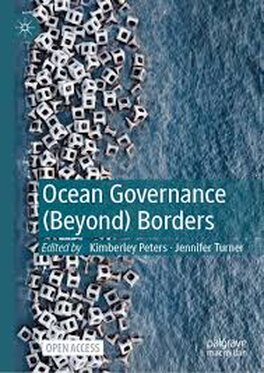
Ocean Governance (Beyond) Borders
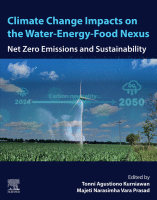
Climate change impacts on the water-energy-food nexus:net zero emissions and sustainability
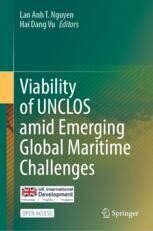
Viability of UNCLOS amid Emerging Global Maritime Challenges
 Contact Information:
Contact Information:Rosenstiel School Library
4600 Rickenbacker Causeway
Miami, FL 33149
305-421-4060
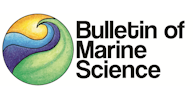
Bulletin of Marine Science
Publication Date:
Online Resource
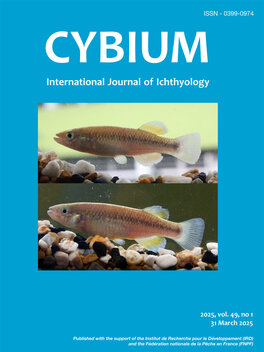
Publication Date:
v.49:1 (March 2025)
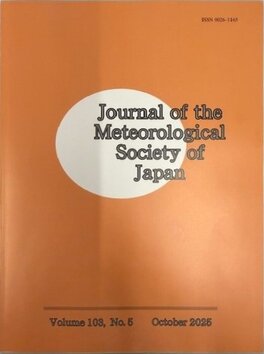
Society of Japan
Publication Date:
v.103:5 October 2025
Online resource
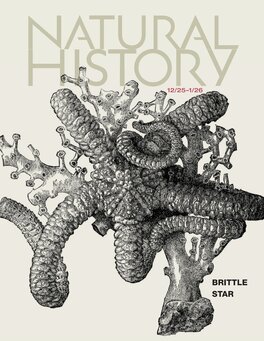
Publication Date:
v.134:1
December 2025 / January 2026

Publication Date:
v.56:7 January- February 2026
Electronic Resource Available
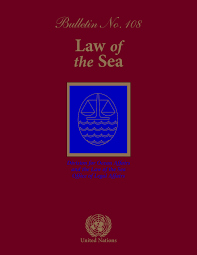
Law of the Sea Bulletin
Publication Date:
No.108

Publication Date:
v.249:2 (February 2026)
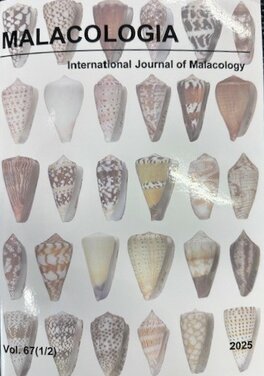
Malacologia
Publication Date:
v.67 : 1/2 (2025)
Online Resource
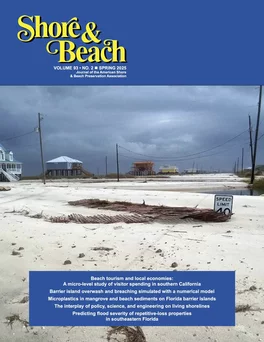
Publication Date:v.93:2 (Spring 2025)
Recent Theses and Disserations
Scholarship@Miami features selected research and scholarly works prepared by faculty, students, and staff of the university. Items in Scholarship@Miami include published articles, UM theses and dissertations, data sets, conference papers, proceedings, lectures, projects, internship reports, reports, presentations, and other scholarly work and research output.
In the coming months, Scholarship@Miami will feature profiles of all University of Miami researchers.These profiles will include an author matching feature which will automatically populate profiles with citations and links to publications. Profiles will also include research interests, activities, and grant information.

Extra Extra Newspaper Content at UM Libraries
SHELDUS Database available here!
SHELDUS™ is a county-level hazard data set for the U.S. and covers natural hazards such thunderstorms, hurricanes, floods, wildfires, and tornados as well as perils such as flash floods, heavy rainfall, etc. The database contains information on the date of an event, affected location (county and state) and the direct losses caused by the event (property and crop losses, injuries, and fatalities) from 1960 to present.
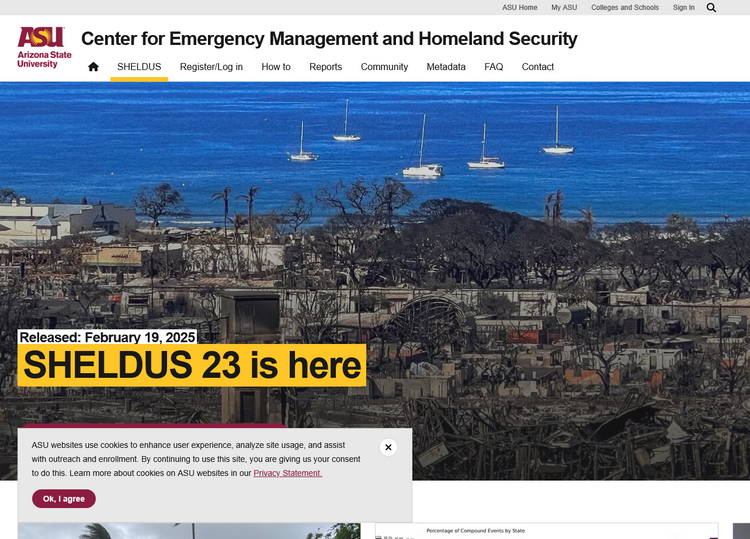
Grant Forward

-
GrantForward’s specialized search algorithm and team of specialists allow us to constantly update new and accurate funding opportunities.
-
GrantForward’s advanced search capabilities and personalized grant recommendations make it quick and easy to find the perfect grant opportunities to start moving your research forward.
-
GrantForward’s intuitive dissemination tools help administrators save time and efficiently communicate important funding opportunities across their institution.
Keep Your resources organized
RefWorks is a web-based bibliography and database manager that allows you to create your own personal database by importing references from text files or online databases and other various sources. You can use these references in writing papers and automatically format the paper and the bibliography in seconds.
